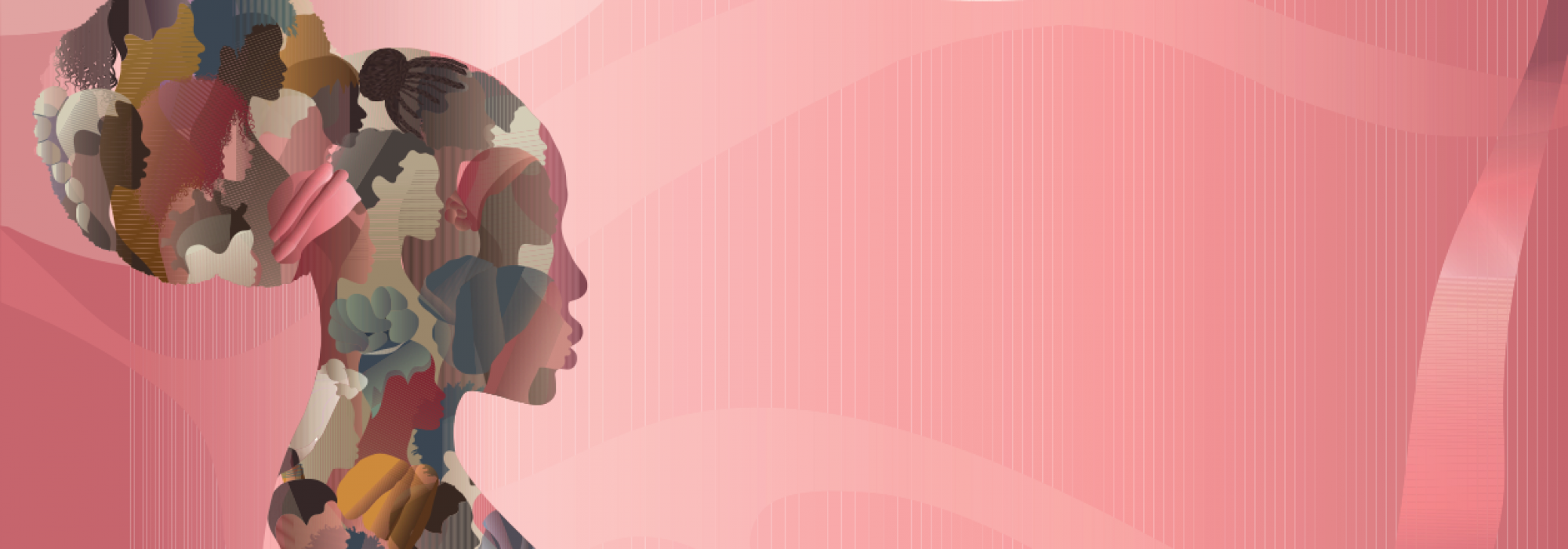Simone Biles and Naomi Osaka have faced criticism that white male athletes have not.
Simone Biles, the most decorated gymnast in history[1], was considered a shoo-in for more gold medals at the Tokyo Olympics. But during the team competition, she stumbled early and quickly withdrew, eventually dropping out of all but one individual event. She still walked away with more medals to her name – a silver for the team final and a bronze for the balance beam – but her Olympic narrative had been set. Journalists, fans, and commentators alike were far more concerned with what she didn’t do, not with what she accomplished.
After the American gymnastics team won silver, Biles explained her withdrawal, saying, “I have to do what’s right for me and focus on my mental health, and not jeopardize my health and well-being.”[2]
Though there was overwhelming support for her decision, there was a lot of harsh criticism. Some called her a quitter, an example of “a generation of weak people”, and even a “selfish sociopath”[3]. There seemed to be an assumption that she couldn’t handle the pressure, despite having four Olympic golds and 19 world titles.
The ugly reactions – and the seemingly instantaneous disregard for Biles – were reminiscent of similar responses to Naomi Osaka’s ongoing mental health struggles. Osaka was fined $15,000 for boycotting press conferences at the French Open[4], a choice she made to preserve her mental well-being for the court. And after her early elimination at the Olympics, critics ripped her apart on social media, with some even questioning her identity, and in that, her right to represent Japan in the Games[5].
Without question, both Biles and Osaka are leading a revolution as they challenge how the world views elite athletes. They’re dispelling the myth that champions are immune to pressure, and they’re fighting back against the expectation to perform under any and all circumstances. It’s admirable and inspiring, especially for up-and-coming athletes who are rising to the top of their sports in the social media age. But the backlash against both women is equally disturbing.
There seems to be an unmitigated willingness to criticize Black women athletes for showing their humanity. As CNN’s Hannah Ryan so eloquently captured in an August op-ed, the negativity is rooted in misogynoir[6]. This is evidenced by similarly upsetting critiques of athletes like Serena Williams, Gwen Berry, Caster Semenya, and Sha’Carri Richardson. There is no lenience for these women within their sports and in the public eye.
Yet there are other athletes who aren’t Black women who are praised for discussing their flaws and talking openly about their mental health. Olympic swimmer Michael Phelps executive produced the HBO Sports documentary, The Weight of Gold, in which several athletes discuss the mental health struggles associated with elite sports. Kevin Love routinely talks about his anxiety and depression. Both men are praised for their vulnerability and receive countless opportunities to share their stories.
That same permission, however, is not extended to women like Biles and Osaka. There are unwritten rules that they must perform at the highest level all the time and express gratitude for being allowed to do so. Just as some critics want NBA players to “shut up and dribble” instead of speaking out against racial inequality, those same critics want Biles and Osaka to suck it up and deliver.
Their struggles represent a wider societal issue, in which women of color feel they must work twice as hard to receive the same opportunities as their White counterparts. And they also feel pressure to grin and bear it in the toughest situations, for fear of losing the very opportunities they’ve worked so hard to access.
In facing mental health struggles, what Biles, Osaka, and all elite athletes need is compassion. They quite literally have the weight of the world on their shoulders, and it can’t always be expected that they’ll be in both peak physical condition and optimum mental health. Every athlete deserves the space and time to make mistakes, protect their well-being, and be viewed as a whole person, not just an entertainer who performs for our benefit. Regardless of how badly we want them to win or how much we expect of them, they’ll have nothing to offer if they allow their mental health to deteriorate.
If we’re to celebrate some athletes for their openness, we need to extend this courtesy to all athletes, especially Black women. No athlete’s greatness is diminished because of a mental health setback, not Biles’s, not Osaka’s, and not any Black woman athlete who comes after them.
[1] Cancian, Dan. (July 27, 2021). Simone Biles’s Records and Sponsors Ahead of Tokyo 2020. Retrieved from: https://www.newsweek.com/simone-biles-records-sponsors-tokyo-2020-olympics-1612212
[2] Boynton, Sean. (July 30, 2021). Simone Biles drops out of 2 more gymnastics finals at Tokyo Olympics. Retrieved from: https://globalnews.ca/news/8075956/tokyo-olympics-biles-out-gymnastics/
[3] Reid, Andrew. (July 28, 2021). ‘Selfish sociopath’: Why Simone Biles didn’t ‘quit’ amid ugly criticism. Retrieved from: https://au.sports.yahoo.com/olympics-2021-simone-biles-criticism-why-gymnast-didnt-quit-team-usa-211726936.html
[4] Porterfield, Carlie. (May 30, 2021). Naomi Osaka Fined $15,000 And Faces Suspension Over Boycotting Press Conferences. Retrieved from: https://www.forbes.com/sites/carlieporterfield/2021/05/30/naomi-osaka-fined-15000-and-faces-suspension-over-boycotting-press-conferences/?sh=eb1e14d1f39f
[5] Rich, Motoko. (July 29, 2021). Critics Pounce on Naomi Osaka After Loss, Denting Japan’s Claim to Diversity. Retrieved from: https://www.nytimes.com/2021/07/27/world/asia/naomi-osaka-olympics-loss.html
[6] Ryan, Hannah. (August 3, 2021). How misogynoir is oppressing Black women athletes. Retrieved from: https://www.cnn.com/2021/08/02/sport/misogynoir-black-women-athletes-cmd-spt-intl/index.html





